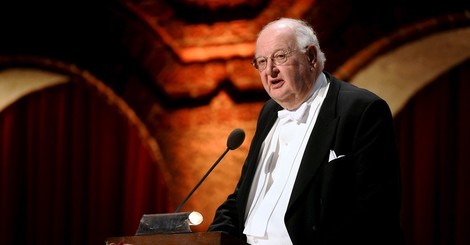Your podcast discovery platform
Curious minds select the most fascinating podcasts from around the world. Discover hand-piqd audio recommendations on your favorite topics.

piqer for: Boom and bust Global finds
Peter Whiteford is a Professor in the Crawford School of Public Policy at The Australian National University, Canberra. He has worked in the Organisation for Economic Co-operation and Development in Paris, as well as other universities in Australia and the United Kingdom.
Is It Better To Be Poor In Bangladesh Or In The Mississippi Delta?
This article is an interview with Angus Deaton, the 2015 Nobel laureate in economics, who points out that inequality among countries is decreasing, while inequality within countries is increasing. China and India are making dramatic economic improvements, but China still faces rising inequality. In developed countries, the rich have gotten much richer while the middle class has not prospered.
In a wide-ranging interview, Deaton recommends a number of recent books on the social challenges facing the US, including $2.00 a Day: Living on Almost Nothing in America, by Kathryn Edin and Luke Shaefer, reviewed here by William Julius Wilson. He also discusses Matthew Desmond’s book, Evicted, as well as Arlie Hochschild’s Strangers in Their Own Land, and J.D Vance's Hillbilly Elegy.
The most provocative part of Deaton's argument relates to the question of whether it is better to be poor in Bangladesh or in the US. He points out that mortality is actually increasing for middle-aged white Americans, due in no small part to overdoses and suicides - so-called “deaths of despair” - and that life expectancy in some parts of Appalachia is lower than in Bangladesh.
"Part of it is you throw up your hands and say poverty is very complicated and you can’t make these international comparisons! But if you had to choose between living in a poor village in India and living in the Mississippi Delta or in a suburb of Milwaukee in a trailer park, I’m not sure who would have the better life. That’s the point I’ve been pushing," says Deaton.
He raises the question of whether government reduces inequality: “If you abolished the government, would America be more or less equal? Because there’s all the equality that comes from redistribution but there’s all the inequality that comes from rent-seeking." It is not clear which effect dominates, as regulation can get captured by the people who are being regulated.
Overall, this is a controversial conversation touching on contemporary challenges.

Excellent piq about a perplexing development. Thanks!